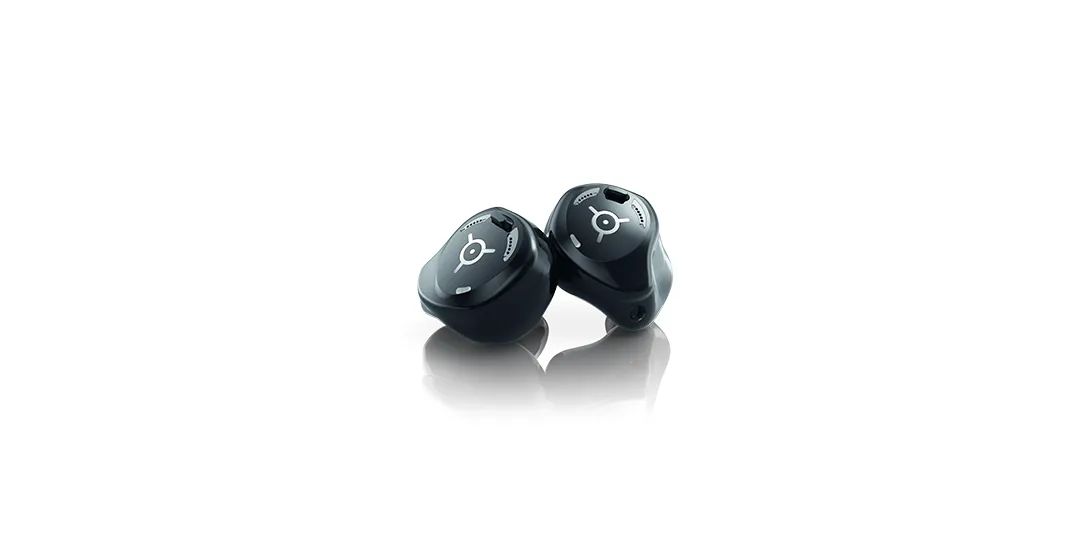How to have a carefree vacation with hearing aids
_copy.png?branch=web_prod&quality=80&auto=avif&format=webp)
How to have a carefree vacation with hearing aids
6 min.
Publication Date: August 29, 2019
Article Updated: July 11, 2025
It’s finally here, your well-deserved summer vacation! But before your trip, it’s important to make sure you’re as prepared as possible—and if you’re someone who uses hearing aids, there’s a few things you’ll need to be mindful about so you can enjoy your break without worry.
What to take with you
Everyone’s got their own personal checklist for vacation, but with a hearing aid, there’s a few extra accessories that you’ll want to make sure you’ve got with you:
Spare batteries (or a rechargeable battery with an adaptor)
Spare filters
Hearing aid case
Dry box and drying capsules
Cleansing kit (including spray, cloths, tablets, and an air puffer)
Mobile phone compatible with your hearing aids
Light and vibration alarm (especially if punctuality is vital)
Optional hearing protection or remote control (depending on your needs)
These are all things you’ve likely already thought of, but it never hurts to double or even triple-check before you set off.
Flying with hearing aids
If you’re heading out on a longer trip abroad, it might be worthwhile to have a hearing aid check with an audiologist before your departure—just to make sure there’ll be no lingering issues while you’re trying to enjoy yourself.
The good news about flying with hearing aids is that there won’t be any issues during airport security checks, and they can be used as normal during the flight itself. Still, it’s recommended to turn down the volume as a precaution, and to let a security member know about your hearing aid. One major exception is cochlea implants, which cannot go through the body scanner under any circumstances.
While on the flight, all passengers will have to deal with pressure equalization—that popping you feel when taking off and landing. If your ears don’t naturally adjust, there is a risk of earache or barotrauma, which is trauma to the eardrum due to changes in ambient pressure. Here’s a few things you can do to help handle the pressure changes during take-off and landing:
Swallowing frequently
Yawning
Using an over-the-counter nasal spray
Chewing gum, candy, or other foods
If you do any of the above during pressure changes on your flight, you may be able to equalize the pressure in your ears. The most important thing is to stay aware, and protect your ears.
Hearing aids and water
No summer getaway is complete without a refreshing dip in the pool or even the ocean. But if fun in the water is going to be a major fixture of your holiday, it’s important to stay mindful of how water can interact with your hearing aids and affect your ear health.
Typical vacation risks for the ears
If you’re planning on going diving or swimming regularly, be aware of the risk it can pose to your ears. Diving can place extreme stress on hearing, increasing the risk of swimmer’s ear, earache, and other trauma. Be sure to follow specific rules for diving properly, in particular:
Never dive with a cold
Do not use cotton buds to clean your ears (they remove protective earwax)
Concentrate on pressure equalization while diving down
Do not use a nasal spray before diving
Rinse your ears with lukewarm fresh water after diving
Lots of swimming throughout the day can cause your ears to be wet or damp for long periods of time, which can lead to inflammation. With this in mind, it’s important to thoroughly dry your ears after swimming or exposure to water. Should any water remain in the ear, you can shake it out by bending your head and gently tapping on the temple or jumping, or you can carefully dry off by using a hairdryer.
Swimming with hearing aids
Always make sure to remove your hearing aids before going swimming to prevent them from taking on any water damage. If you need help remembering, here’s a little trick: get into the habit of putting a hand over your ear as soon as you step into the water. That way you’ll notice right away if you’ve forgotten to take your hearing aids off.
If you’re at the beach, there’s more than just the risk of water damage. Sand and dust can clog up your hearing aids and cause damage, especially if it’s windy. Generally, the best place for your hearing aids is their storage box—there's no safer place to leave them when you’re not wearing them.
What to do if your hearing aids get wet
Even after taking every possible precaution, there is always a risk of your hearing aids getting damp or wet. Just like any other high-tech device, protection against moisture is vital. Still, in many cases, it’s possible to repair or minimize water damage. If your hearing aids get wet, here’s what you should do:
Turn it off immediately
Remove any batteries and dry thoroughly with a cloth
If the hearing aid came into contact with salt or waste water, gently rinse it with clean water
Shake all the water out of the hearing aid; be sure to leave the battery compartment open
After this, there’s a good chance that the hearing aid will work again after re-inserting the batteries. If not, then it’s time to plan a visit your hearing care professional.
For more tips on how to take care of your hearing, be sure to check out our comprehensive articles on hearing aids, hearing care, and more!



